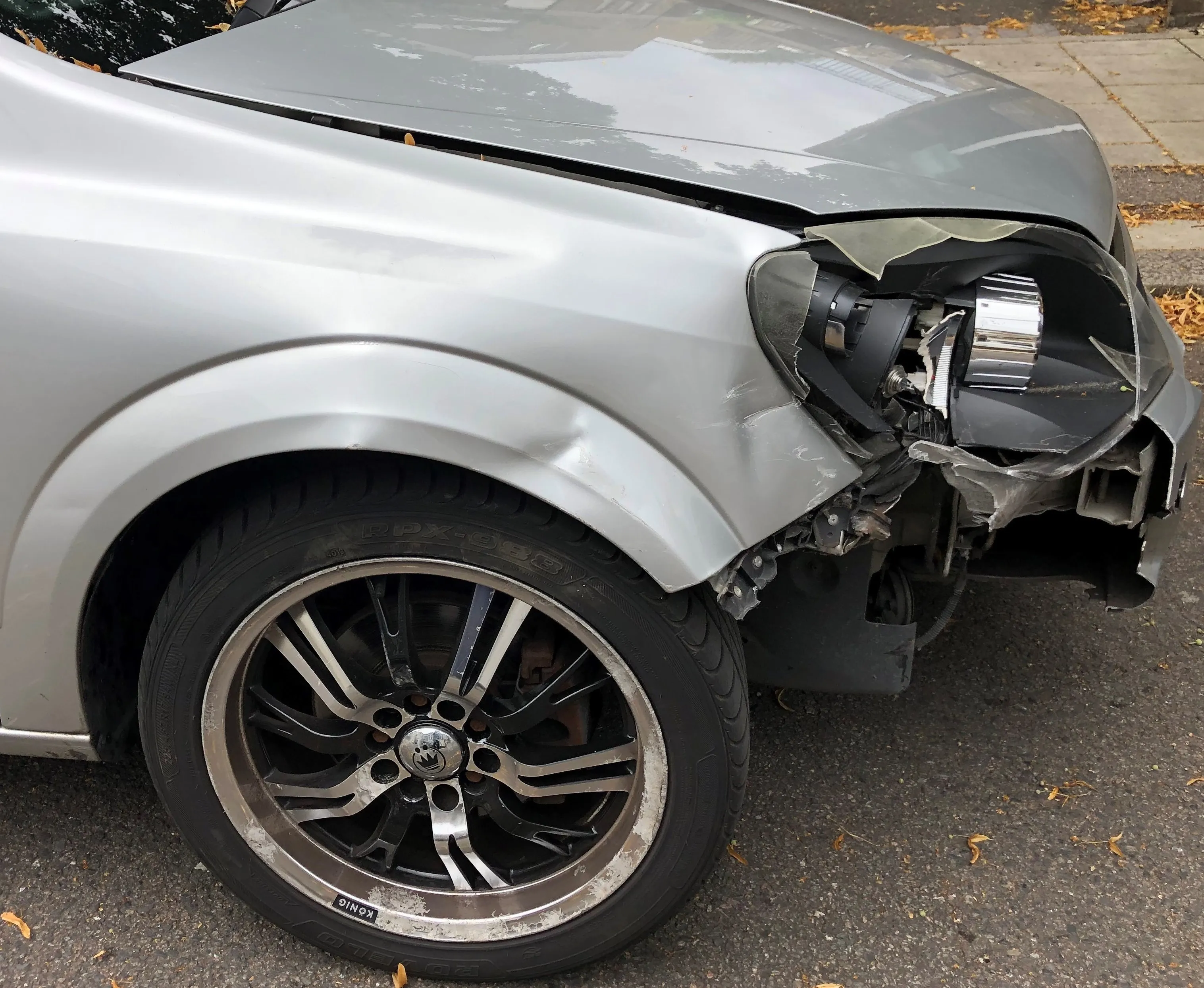Police officers across Europe commence a week-long speed enforcement operation starting today, 18 August. During the operation, co-ordinated by the European Traffic Police Network (
"We urge all drivers to challenge their own attitude to speeding," says TISPOL president Koen Ricour. "Anyone who still believes that speeding is a trivial offence needs to think again. That's because excessive or inappropriate speed has a singularly devastating impact on the safety of road users, increasing both the risk of a crash and the severity of the consequences.
"It is estimated that speeding contributes to as many as one third of all crashes resulting in death, and is the most important contributory factor to road deaths and serious injuries (ETSC 2008)
"All across Europe this week, police officers will be ensuring that drivers respect the different speed limits. In cases where drivers choose to ignore these limits, officers will take appropriate steps to enforce the law."
A similar TISPOL operation in August 2013 saw a total of more than 720,000 detections in 28 countries across Europe.
Pan-European speed checks start today
Police officers across Europe commence a week-long speed enforcement operation starting today, 18 August. During the operation, co-ordinated by the European Traffic Police Network (TISPOL), officers will use a number of speed detection methods across all types of road. The purpose of the operation is to raise awareness of the dangers of speeding, and to remind drivers of the benefits for all road users of driving at speeds that are both legal and appropriate.
"We urge all drivers to challenge their own
August 18, 2014
Read time: 2 mins








